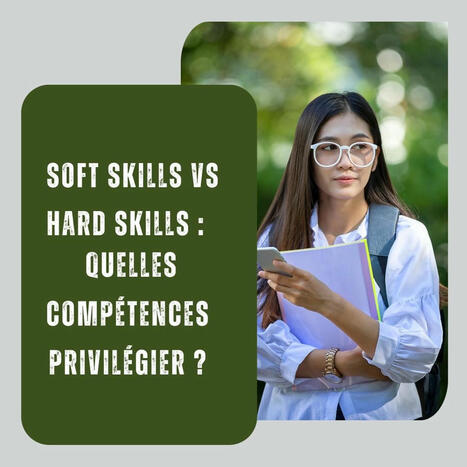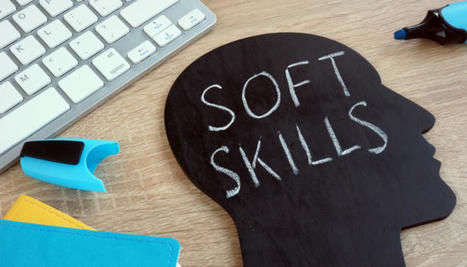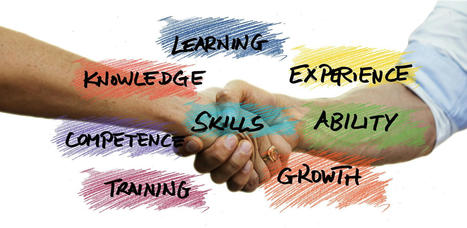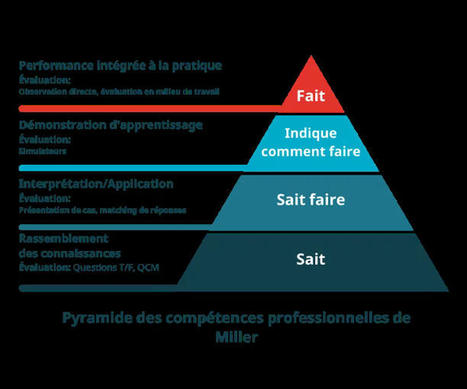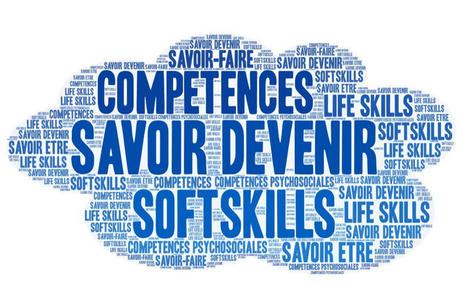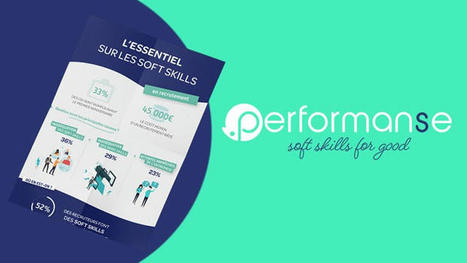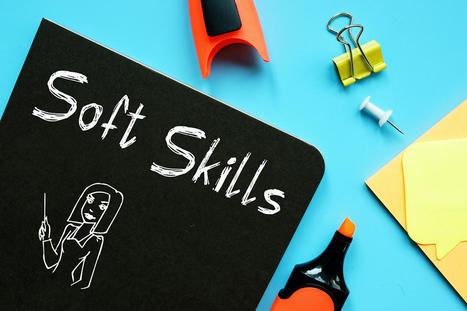A good educator knows that listening is important, but too few people know how to listen well. Even common techniques like active listening can be counterproductive. After all, merely sharing the amount of speaking time, or parroting back what a speaker said, does not achieve understanding. And inadvertently hijacking conversations to advise, inject humor, empathize, prioritize efficiency, or insert ourselves into a speaker’s narrative is often done with good intentions, but may instead disrupt the human connection we think we’re forging.
The trouble is, when we don’t properly listen to our students and adjust our response accordingly, they may feel that their thoughts and perspectives don’t matter to us—and disengage.
The good news is that, with practice, we can all be more effective listeners. To ensure you don’t miss out on crucial opportunities to connect with your students—or anyone else in your life, for that matter—here are the six most important things you can do to improve your listening skills.
Sommaire
1. Determine Your Default Listening Style,
2. Establish Why You’re Listening,
3. Recognize When Your Default Listening Style Is Disruptive,
4. Ask, Am I Missing Something?
5. Keep the Focus on the Student,
6. Adapt Your Listening Style to Achieve Conversational Goals.






 Your new post is loading...
Your new post is loading...
